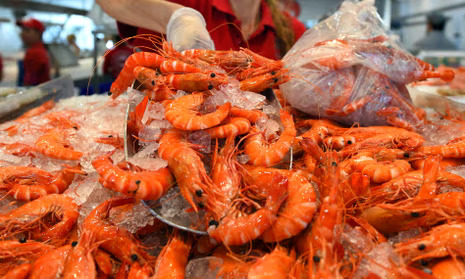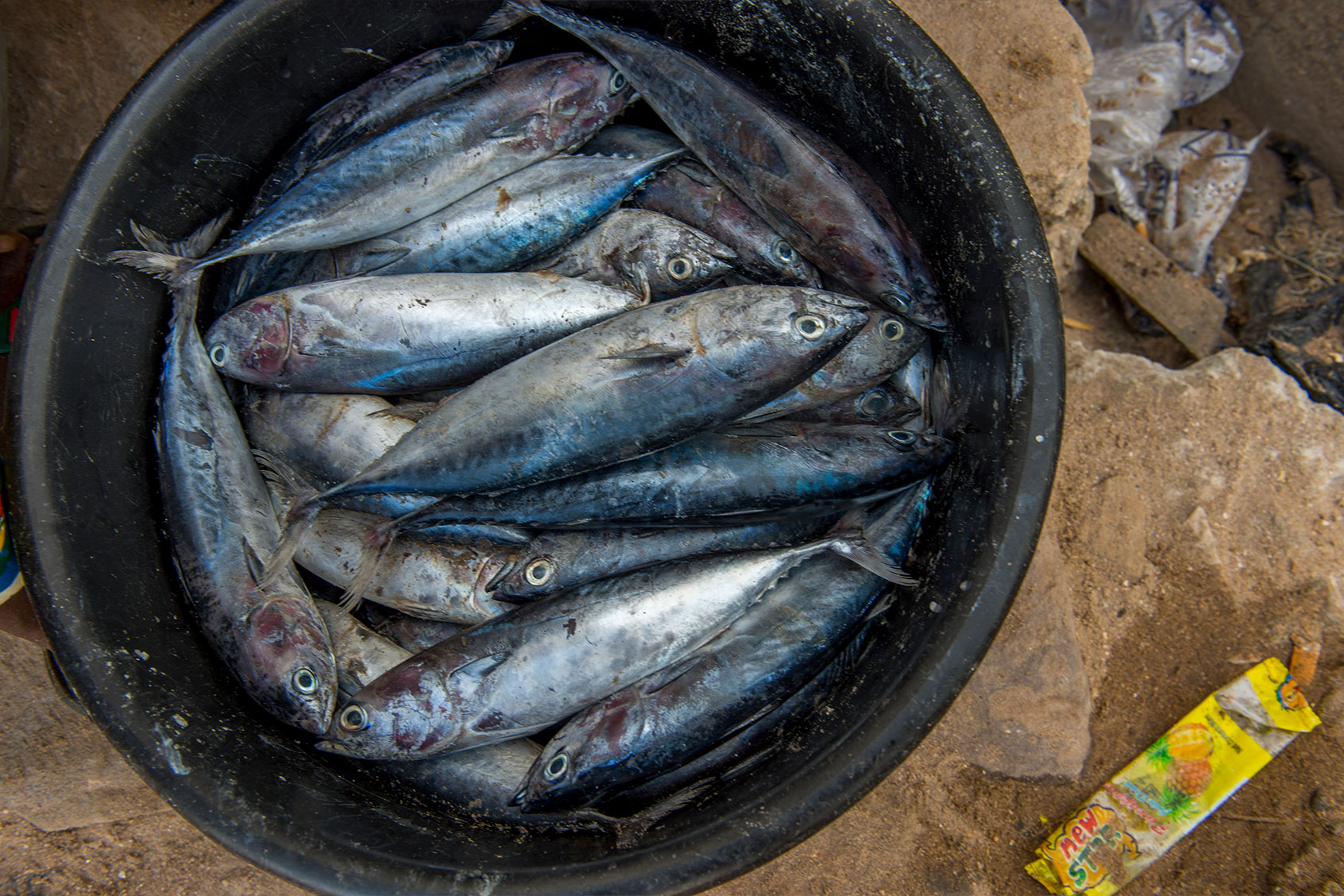The romantic notion of fishing often conjures images of adventure and tradition, yet behind the scenes lies a complex web of exploitation, fraud, and even violence. In an ideal scenario, fishermen would harvest seafood with respect for the environment and fair treatment of workers. However, the reality is far from this idyllic picture, with numerous steps in the seafood supply chain rife with opportunities for abuse and misconduct.
Instances of violence and fish fraud represent two extreme ends of the spectrum within the fishing industry. Shockingly, those who speak out against these injustices often meet tragic ends. Emmanuel Essien, a fisheries observer, disappeared under suspicious circumstances after reporting illegal fishing practices aboard a Chinese-owned vessel in Ghana. Similarly, Eritara Aati Kaierua died mysteriously on a Taiwanese vessel in the Pacific Ocean, raising concerns about the safety of fisheries observers worldwide.
The dangers faced by fisheries observers extend beyond physical harm; they also play a crucial role in safeguarding seafood integrity. These professionals combat fish fraud, a pervasive issue where mislabeling leads to consumers unknowingly purchasing potentially harmful substitutes. Fisheries observers ensure that catches are accurately labeled, preventing health risks associated with misidentified species.

Seafoods (Credits: The Guardian)
However, the challenges within the fishing industry ultimately affect consumers. Despite efforts to promote responsible seafood consumption, deceptive labeling and unethical practices persist. Consumers may unknowingly support harmful practices unless they demand transparency and accountability from fisheries managers.
To address these systemic issues, stakeholders must prioritize transparency and accountability throughout the seafood supply chain. This involves publicly accessible monitoring data and stringent oversight of fisheries management practices. Without these measures, corruption and exploitation will continue to undermine efforts to reform the industry.
Ian Urbina, a journalist and advocate for ocean conservation, emphasizes the need for consumer awareness and corporate responsibility. By pressuring companies to adhere to ethical standards and disclose supply chain practices, consumers can drive positive change in the fishing industry. Additionally, reform efforts should focus on empowering governments to regulate fisheries effectively and protect the rights of workers at sea.
The tragic stories of fisheries observers underscore the urgent need for systemic change. Families of the deceased deserve transparency and justice, while consumers must advocate for a seafood industry that prioritizes environmental sustainability, worker safety, and honesty in labeling. Only through collective action can the fishing industry transition towards a more ethical and transparent future.























